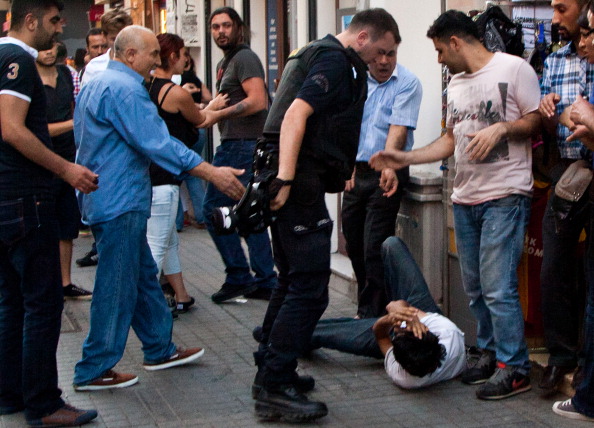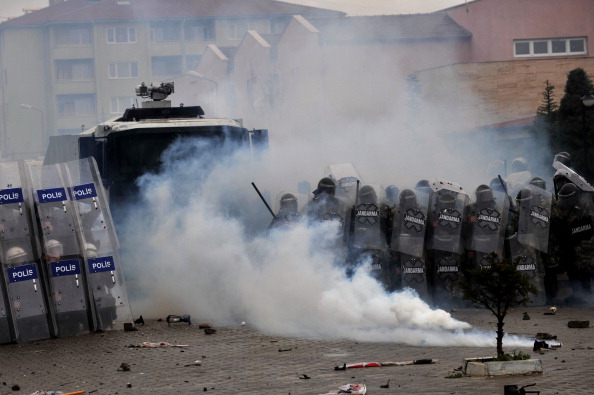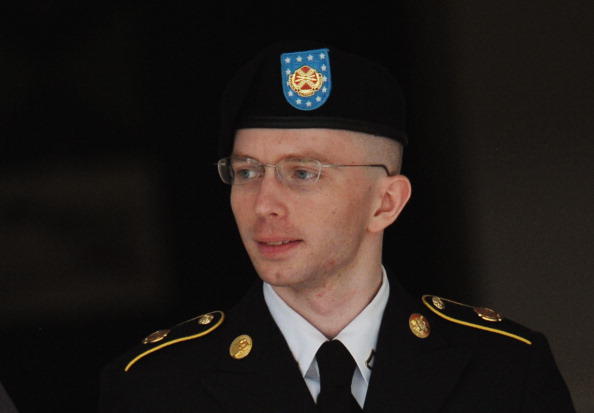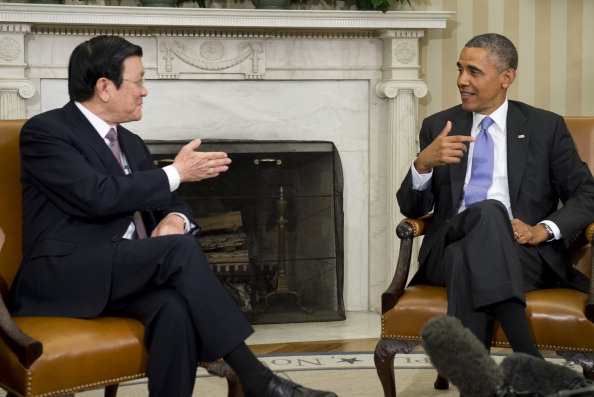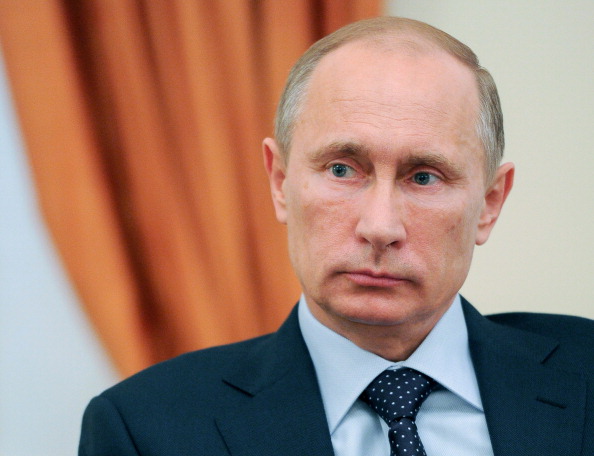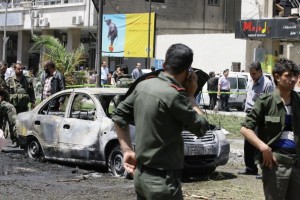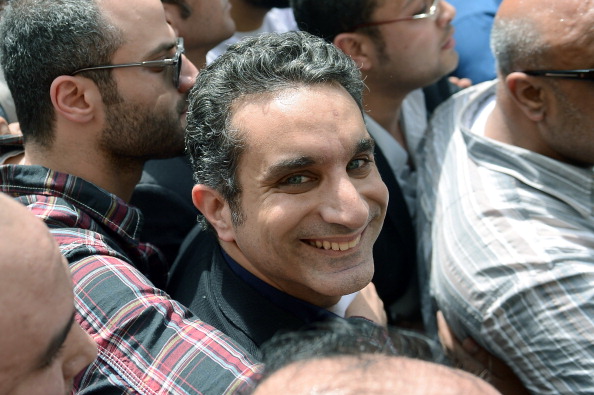
U.S. Army Private First Class Bradley Manning arrives at a U.S. military court facility to hear his sentence in his trial at Fort Meade, Maryland on August 21, 2013 (Photo Credit: Saul Loeb/AFP/Getty Images).
UPDATE: It was reported on August 22 that Pfc. Manning is now publicly identifying as Chelsea Manning and requests that she be identified as such from now on. Amnesty International will now refer to her as Chelsea Manning out of respect for her wishes.
It has been 1,182 days since Pfc. Bradley Manning was arrested at Forward Operating Base Hammer, Iraq for releasing classified information to Wikileaks. This morning, he was sentenced to 35 years in prison, as well as received a reduction in rank to private, forfeiture of his military pay, and dishonorable discharge.
He has already served more than three years in pre-trial detention, including 11 months in conditions described by the U.N. Special Rapporteur on Torture as cruel and inhumane.
He will get credit for those more than 3 years of pre-trial confinement, including 112 days for being unlawfully punished by harsh conditions at the Quantico, Va., Marine Corps brig – a literal drop in the bucket compared to the enormous sentence he is facing.
